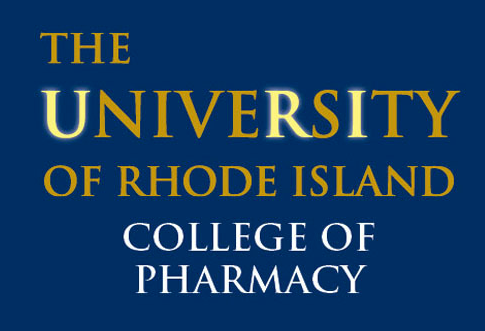The graduates will be joined by pharmacy dean, professors to battle pandemic
More than 100 recent and soon-to-be graduates from the University of Rhode Island College of Pharmacy will soon find themselves in the COVID-19 fight, helping fill a critical shortage of pharmacists, thanks to emergency 90-day licenses the state Department of Health is issuing.
Twenty students who completed their doctor of pharmacy degree requirements in March are already working in the field or soon will be after receiving their emergency licenses. Another 122 students will join them in May, becoming eligible to get their licenses while delaying the licensing exam for 90 days.
“Usually it takes graduates several months after graduating to get their licenses, and they wouldn’t be out there working until the end of summer,” said Clinical Professor Brett Ferret, director of experiential education for the College. “The goal is to get them out at the field hospitals helping in the fight against the virus instead of worrying about studying for their boards over the next few months.”
The new graduates will be qualified to operate as certified pharmacists, adding to the health care workers on the front lines, and helping spell pharmacists who have been pulling long hours fighting the pandemic, and those who have been exposed to the virus in their public-facing roles. The need will become greater if the number of virus cases in Rhode Island continues to increase and field hospitals in Providence, Cranston and North Kingstown are opened.
“Once they start the surge hospitals, there will be 1,500 extra hospital beds that will need pharmaceutical services,” College of Pharmacy Dean Paul Larrat said. “Lifespan estimates a shortage of 60 pharmacists just at the RI Convention Center field hospital if and when it is fully occupied. Where are those people going to come from?”
The new graduates will help fill that void, along with Ferret, Larrat and a handful of other URI Pharmacy professors, who will join their former students working in the field hospitals.
“They’re planning for a worst-case scenario in case the virus continues to get worse,” Ferret said. “We’re addressing a unique and deadly situation. Hats off to the Department of Health for allowing this and to the students for jumping right in.”
In addition to the obvious benefit to the public, the experience the new graduates will gain will be invaluable for their careers, Larrat noted.
“They’re jumping into a major health emergency, performing a truly valuable service for the public,” Larrat said. It is real-world experience they’ll have that you just can’t teach in a classroom. It’ll be on their resume forever.”

